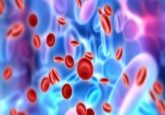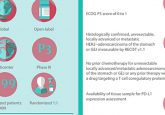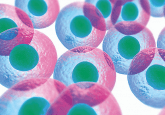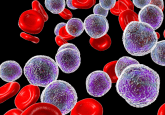Biomarkers of susceptibility following benzene exposure: influence of genetic polymorphisms on benzene metabolism and health effects
Benzene is a ubiquitous occupational and environmental pollutant. Improved industrial hygiene allowed airborne concentrations close to the environmental context (1–1000 µg/m3). Conversely, new limits for benzene levels in urban air were set (5 µg/m3). The biomonitoring of exposure to such low benzene concentrations are performed measuring specific and sensitive biomarkers such as S-phenylmercapturic acid, trans, trans-muconic acid and urinary benzene: many studies referred high variability in the levels of these biomarkers, suggesting the involvement of polymorphic metabolic genes in the individual susceptibility to benzene toxicity. We reviewed the influence of metabolic polymorphisms on the biomarkers levels of benzene exposure and effect, in order to understand the real impact of benzene exposure on subjects with increased susceptibility.
Click here to view the full article in Biomarkers in Medicine.




